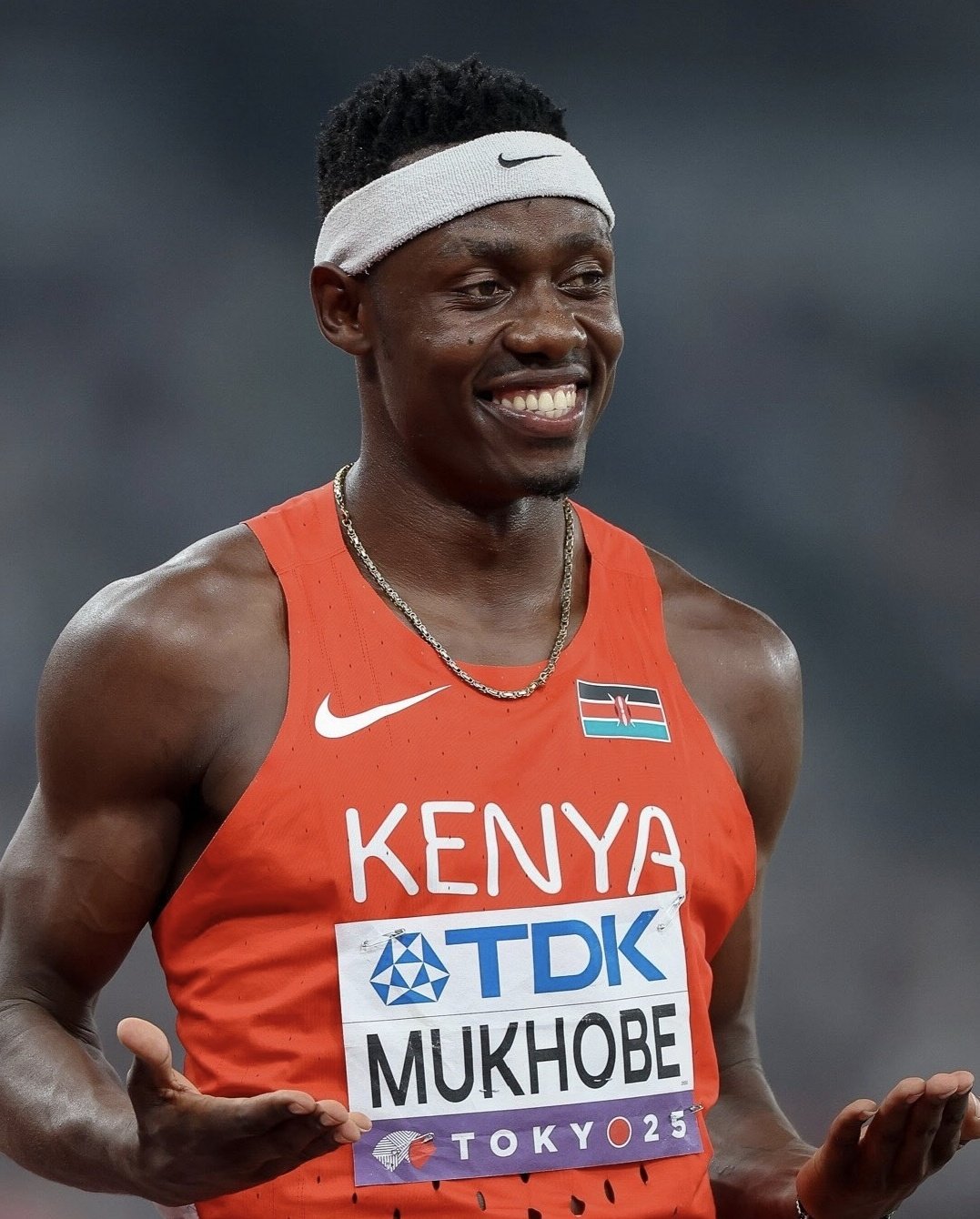

Kenya’s sprints coach Stephen Mwaniki is weighing the possibility of bringing in 400m hurdler Wiseman Were to reinforce the men's 4x400m relay team—but only if the squad advances to the final of the ongoing World Athletics Championships in Tokyo.
The team for the initial heats will consist of George Mutinda, David Sanayek, Dennis Masika, and Kelvin Kipkorir. Were and Allan Kipyego have been placed on standby in case Kenya progresses to the next stage.
Were, who missed out on a place in the final of the men’s 400m hurdles after clocking 48.27 to finish fifth in his heat could play a pivotal role in Kenya’s medal hunt.
“Having been able to run 48 seconds twice in hurdles means he is faster in the 400m,” said Mwaniki. “He’s a consistent sub-49 performer.”
Were began his season with a win in the 400m (47.04) at the first Uganda trials before finishing second in his signature event—the 400m hurdles (49.07)—at the Botswana Golden Grand Prix.
He later placed third at the 115th Drake Relays in the United States, clocking 49.43.
Beyond his hurdles speciality, Were brings valuable relay experience. He was part of Kenya’s 4x400m relay team that won bronze at the Birmingham Commonwealth Games, where they clocked 3:02.41 behind Trinidad and Tobago (3:01.29) and Botswana (3:01.85).
The inclusion of fresh legs in the current relay lineup is deliberate, Mwaniki explained.
“Sanayek and Masika did not feature in the 400m individual event and will be very fresh for the relays,” he said. “However, Mutinda ran the fastest split—45.01 seconds—during the 400m, and Kipkorir was just behind with 45.03, the second-fastest split.”
Mwaniki noted that the final order of the runners is still under review.
“We will relook at the team and see who will start and who will anchor, depending on the athlete's strength,” he said.
A spot in the final would not only enhance Kenya’s chances of securing a podium finish but also secure qualification for next year’s World Relays Championships in Botswana.
“The benefits of reaching the finals are many,” Mwaniki emphasised. “We must work hard to get there and secure our place among the top teams.”
He also addressed the disqualification of Kenya’s mixed relay team due to a lane infringement, noting that efforts are already underway to rebuild the squad.
“This is a very strong team. Despite what happened, we must build it again to qualify for the World Relays,” he said.
Kenya now sets its sights on finishing among the top 16 global relay teams. With eight finalists from Tokyo already qualified for the World Relays, the remaining eight spots are still up for grabs.
To that end, Mwaniki revealed that plans are being made to have the team train and compete internationally, sharpening their performance ahead of the global showdown.












